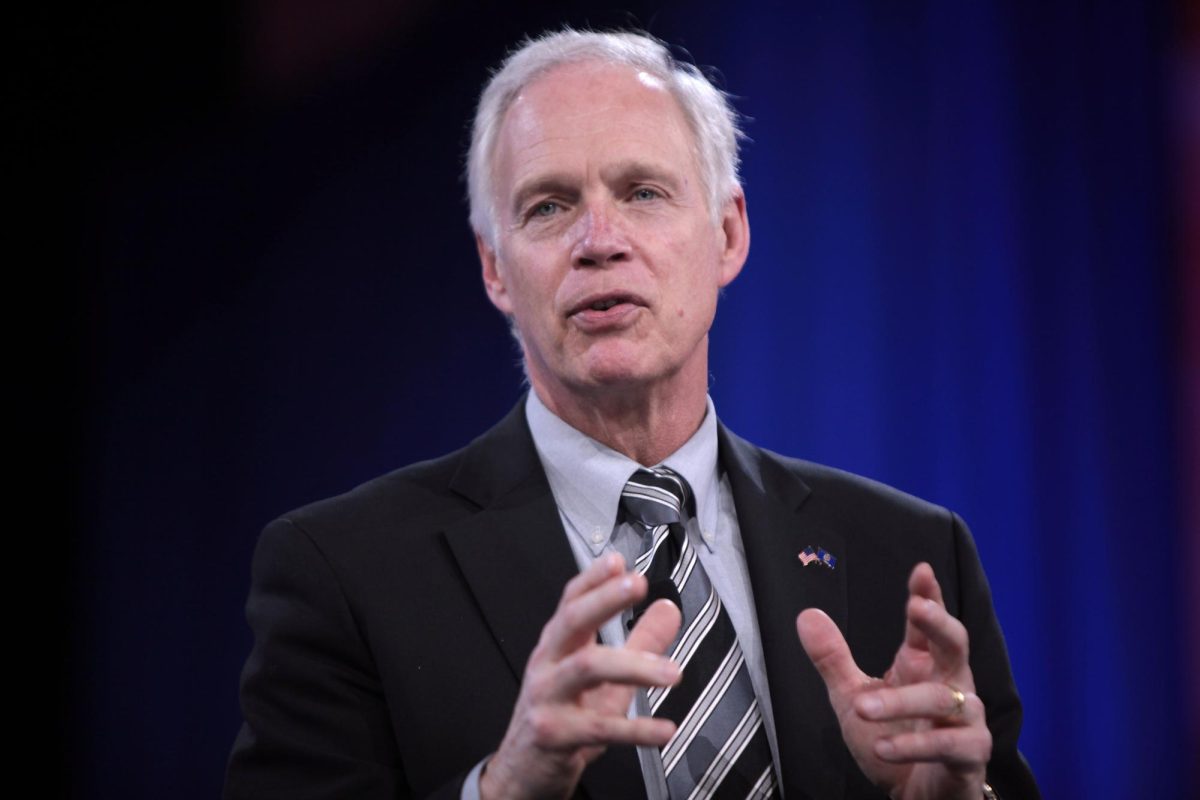
The 2016 Campus Climate Study Report was made public for the UW Oshkosh community, highlighting the major findings and the releasing of their predictive analysis.
The report was released by the Office of Academic Support of Inclusive Excellence after a breakfast forum was held last week, and included the results for both UWO students and staff.
The report outlined their major findings, including demographics, experiences with exclusionary, intimidating, offensive, and/or hostile behaviors, experiences with sexual harassment and sexual assault, perceptions of campus climate and assessment of university actions.
According to the report more than half of the students who took the survey in spring 2016 reported feeling exclusionary behavior.
Student assistant at the Office of Equity and Affirmative Action Garrett Denning said he is not surprised by the results.
“Unfortunately there were not a whole lot of surprises in the survey results as far as gender identity things and gender minority groups,” Denning said. “I have personally experienced that and talked to people enough that I kind of knew ahead of the results where those [results] were leaning.”
Denning said he believes Chancellor Leavitt has made an effort in inclusion and diversity since he took the position.
“The Chancellor seems to be working hard in making sure the needs from the survey [are] met,” Denning said. “He is getting out there and is willing to have these conversations.”
According to the report, most students reported the place where they experienced the most exclusionary behavior was in a classroom setting with 30 percent of people saying they were offended by something said in the classroom.
Denning said having more diversity creates a more comfortable environment in the classroom.
“I think for so many students coming in, it’s hard when you feel like you have no connections,” Denning said. “I was a first-generation college student and the reason I was able to come back to school was because I had connections to welcome me back.”
The report said 51 percent of students taking the survey reported that financial debt after college was their greatest obstacle to achieving success. This was followed by tuition increases and lack of financial aid.
UWO junior Salini Cole said she feels the pressure of financial debt after she graduates and thinks tuition is one of the reasons people attend UWO.
“We are at low tuition universities in comparison to some [schools] and it is insane how much stress the thought of debt after college causes,” Cole said.
Cole said she believes the classroom climate adds to stress about financial debt.
Having classes fill up or trying to apply for a program can add on another extra semester,” Cole said. “I believe it creates an extra pressure in classrooms, which definitely relates to why people are stressed out about financial debt.”
UWO student Haley Thomas said she is always thinking about graduating in debt.
“It’s something that is always on my mind,” Thomas said. “It goes into my thought process every time I have to make a payment on something. I am always thinking about the long term these days.”
According to Denning, the survey is only the beginning to finding solutions to making UWO a better place for all.
“I think it is a great tool to capture some things, but it is only one tool,” Denning said. “It is interesting to see where students stopped taking the survey to see if it lines up with how comfortable they were with answering the questions.”













